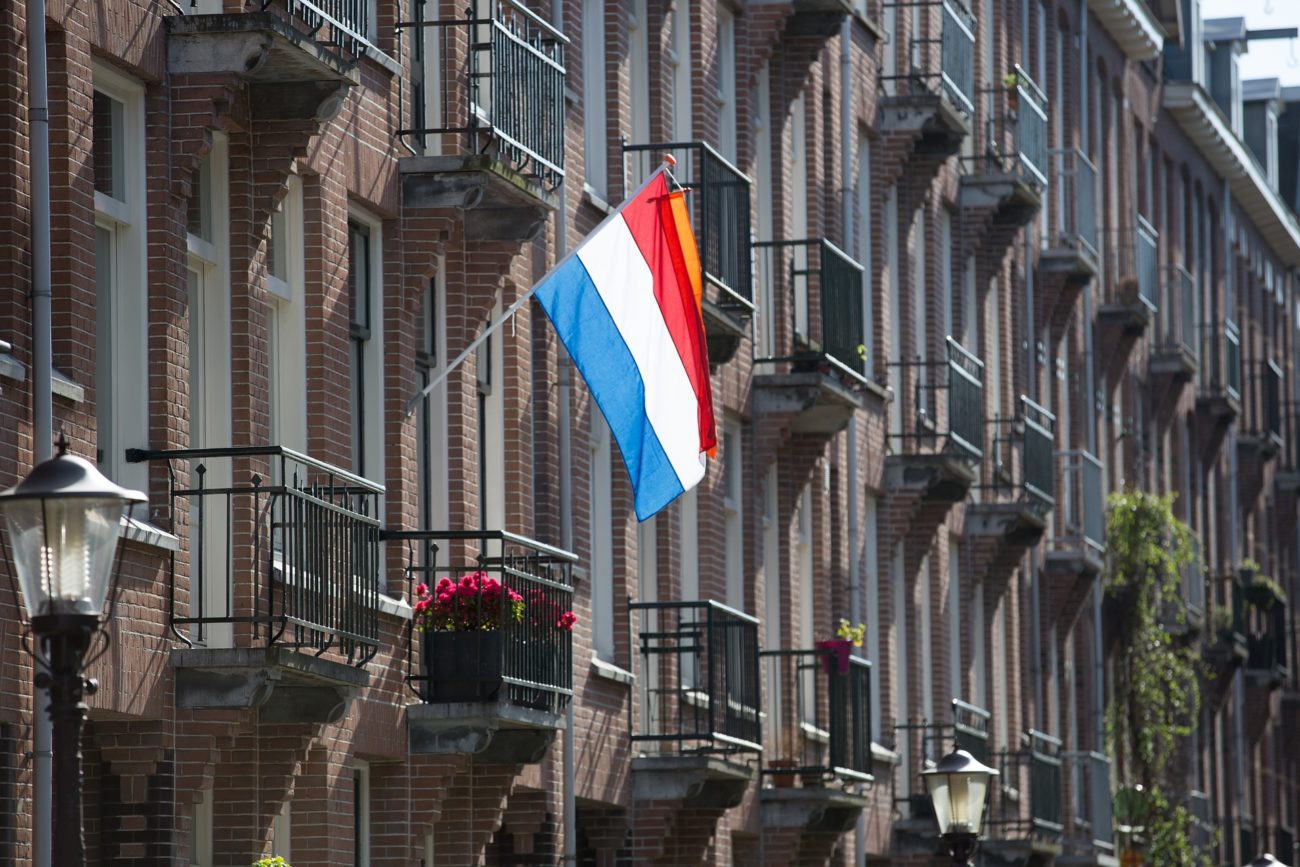The Kansspelautoriteit (KSA), the gambling regulator in the Netherlands, has presented its supervisory agenda for 2024, citing four areas of focus.
Looking to achieve its mission of “safe gaming”, the KSA says it will increase its protection of vulnerable players in the Netherlands by looking to prevent addiction. The country took measures to do this in 2023, including the introduction of a ban on most forms of advertising.
The KSA is also looking to combat illegal online offerings, aiming for at least 90% of players to gamble with legal providers in the Netherlands. In a December article for iGB, Yield Sec chief executive Ismail Vali noted how the KSA’s current approach appeared to lack clear success in actual enforcement terms.
The KSA is vowing to further support partners, including the police and tax authorities, on investigations in the physical domain. The regulator hopes this will lead to less “undermining” between different organisations.
The KSA’s final area of emphasis is on compliance with data provision. The KSA wants data to be provided in a “timely, complete and correct manner”. This will then make it easier for the KSA to swiftly identify any potential wrongdoing.
Growing focus on problem gambling in the Netherlands

Earlier this month, a motion to completely prohibit gambling advertising in the Netherlands was submitted by Derk Boswijk of the Christian Democratic Appeal (CDA) party. While the move to go further than the 2023 ban on untargeted advertising ultimately failed, its proposal was the latest indicator of the rising concern over gambling harms in the Netherlands.
In December, the Netherlands minister for legal protection, Franc Weerwind, announced measures he hoped would protect players from problem gambling.
Weerwind’s measures included providers being required to contact players who have set a deposit limit of €350 (£303/$386). Operators should inform such players of the risks of gambling in such high amounts.
The KSA’s consultations for an update to the Responsible Gaming Policy Rules ended in early February. The aim is to publish the new rules in April.
In October, Weerwind also announced a multi-year digital resilience campaign programme to combat fraud associated with online gambling.
The industry has hit back against some of Weerwind’s proposals though. Peter-Paul de Goeij, chairman of the Dutch Online Gambling Association (NOGA), warned Weerwind that his plans could lead to gambling being seen as “unattractive”.
Helma Lodders, chairman of the Licensed Dutch Online Gaming Providers (VNLOK), highlighted two areas of Weerwind’s letter that need examination.
“Firstly, that imposed measures are actually effective in keeping the number of problem players as small as possible,” Lodders explained.
“Secondly, that the legal offer remains sufficiently attractive for the vast majority of players who participate in a responsible manner. The latter is important to prevent them from returning to the illegal supply.”





